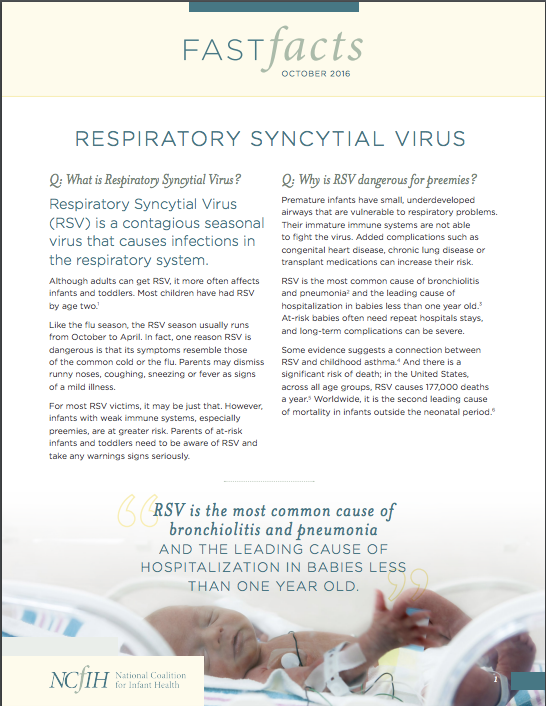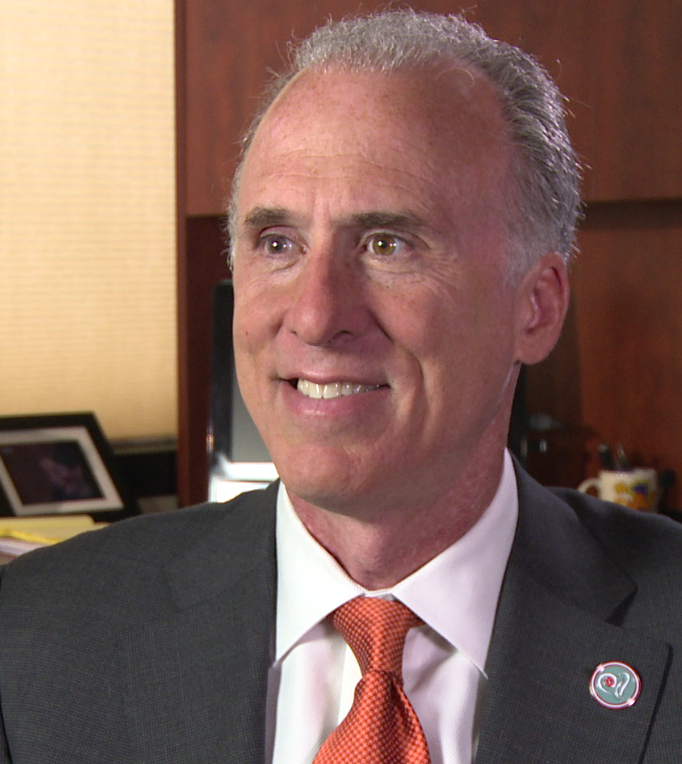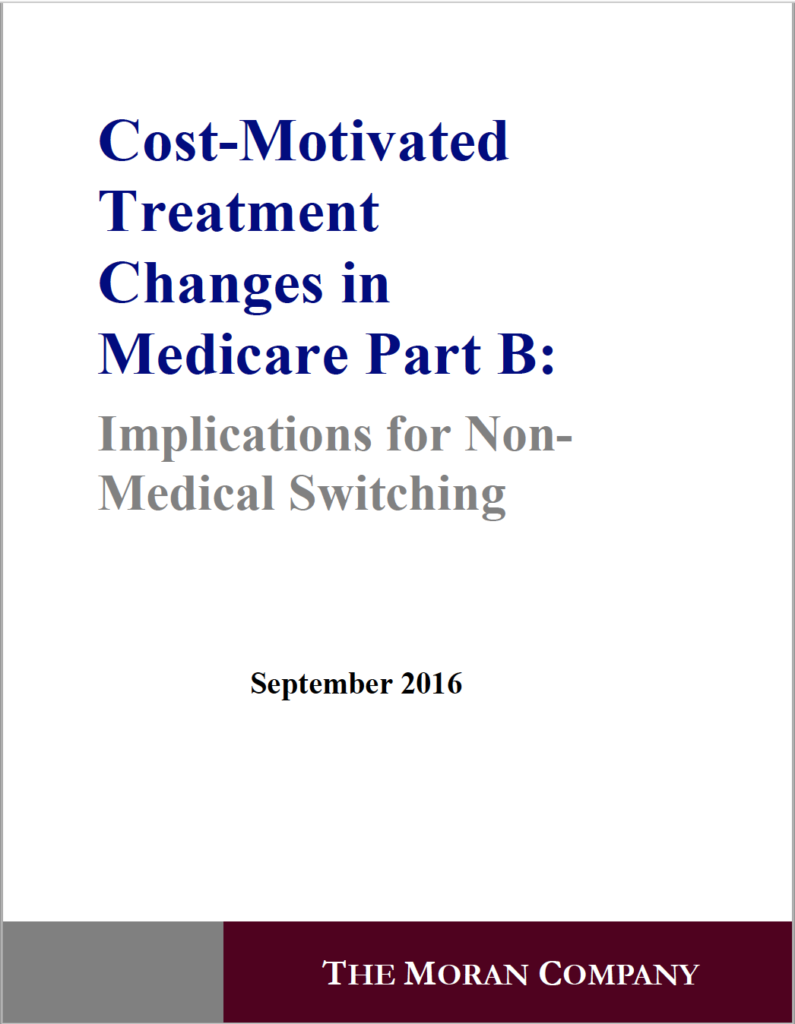Feedback on ICER’s Psoriasis Draft Evidence Report

As ICER’s draft report acknowledges, plaque psoriasis is a common disease that can impact patients’ quality of life and daily functioning. With no cure available, patients have historically managed the condition with therapies such as methotrexate. Newer targeted and biologic therapies, however, can improve the duration and level of symptom relief that patients can achieve. […]
Awareness Month Highlights Breast Cancer Disparities & Access Challenges
Breast Cancer Awareness Month, celebrated this October, invites public dialogue about screening, risk factors and the value of early detection.
NCfIH Marks RSV Awareness Month with Release of New “Fast Facts”

October marks the beginning of both the RSV viral season and RSV awareness month. The National Coalition for Infant Health is taking the opportunity to release a new “Fast Facts” educational resource on the virus, its impact, and its danger for infants, especially preemies whose health plans don’t cover preventive treatment.
Nordic Patient Groups Tackle Biosimilar Policy Issues

Biosimilar medicines are being prescribed more and more freely across Europe. But access to, and use of, these new medicines differs greatly depending on which European country you live in.
New IfPA Data Support Non-Medical Switching Concerns

Preliminary data from the Institute for Patient Access suggest what opponents of non-medical switching have long suspected: having medications switched for financial reasons could be bad news for patients with chronic diseases.
New Report: Biosimilar Cost Savings Won’t Reach Patients
Since the advent of biosimilars, experts and pundits have debated how reduced biosimilar prices will be and just much savings the follow-on drugs will offer.
Are New Cancer Meds Worth Their Cost?
Innovative but costly anti-cancer drugs have spurred the development of several value assessments and cost frameworks, all designed to explore one question: Do the benefits of these treatments justify their price? Now, new research published in Health Affairs suggests that these treatments may significantly extend the life expectancy of some cancer patients.
New Data: Illegal Drugs Drive Massachusetts’ Opioid Overdose Epidemic
New data show that street drugs, not prescription opioids, directly caused 85 percent of opioid overdose deaths in Massachusetts during 2013 and 2014.
The PCSK9 Inhibitor Conundrum

Medicine is at a crossroads; cardiology in particular. I saw this fact magnified at the American Society for Preventive Cardiology’s recent town hall on access barriers to PCSK9 inhibitors.
Cost-Motivated Treatment Changes in Medicare Part B: Implications for Non-Medical Switching

Under prevailing benefit designs in both public and private health insurance systems, patients may find that pivotal decisions about their health care hinge on financial, not medical, factors. In some cases, cost-sharing burdens or changes in patients’ financial situations may lead patients and their health care providers to select or switch treatment options because they […]

